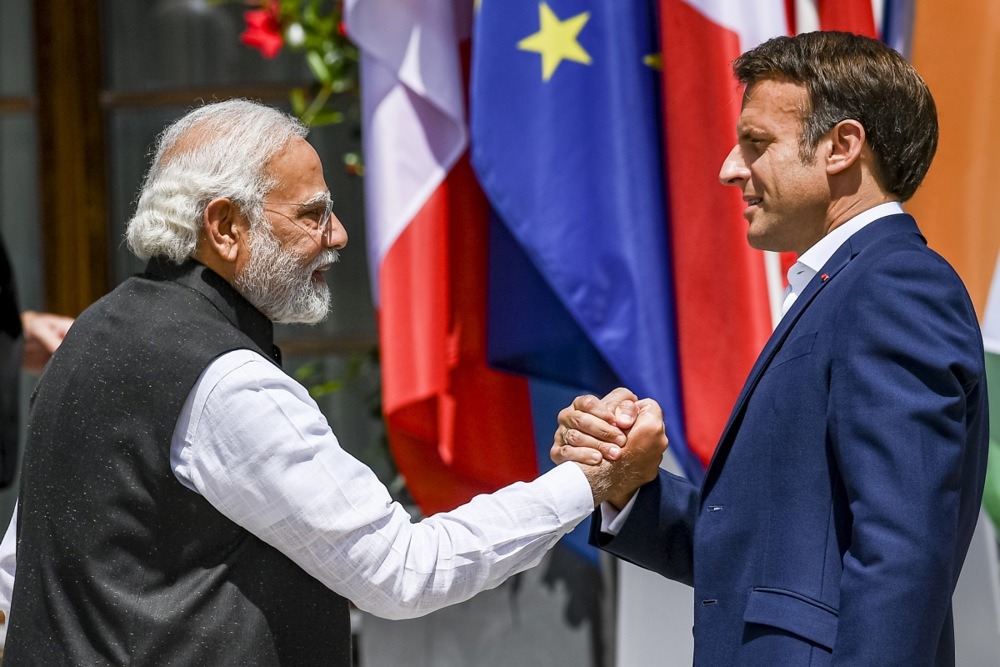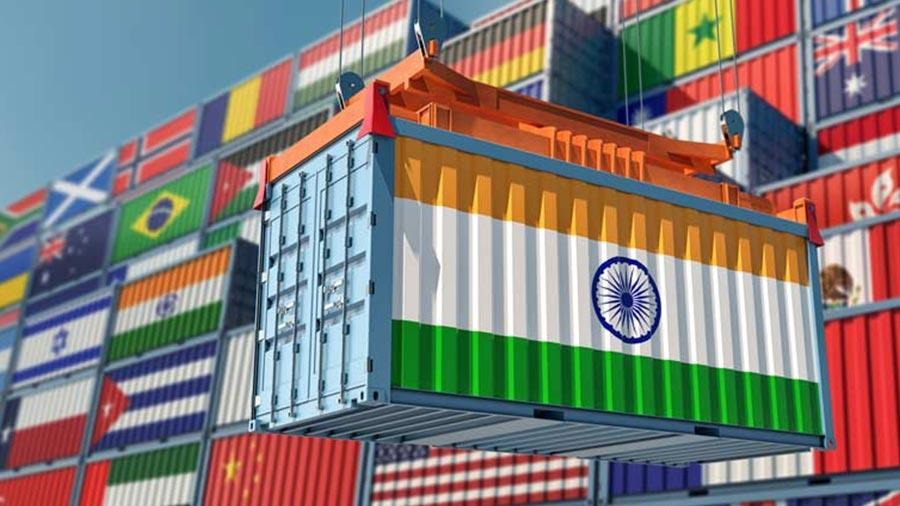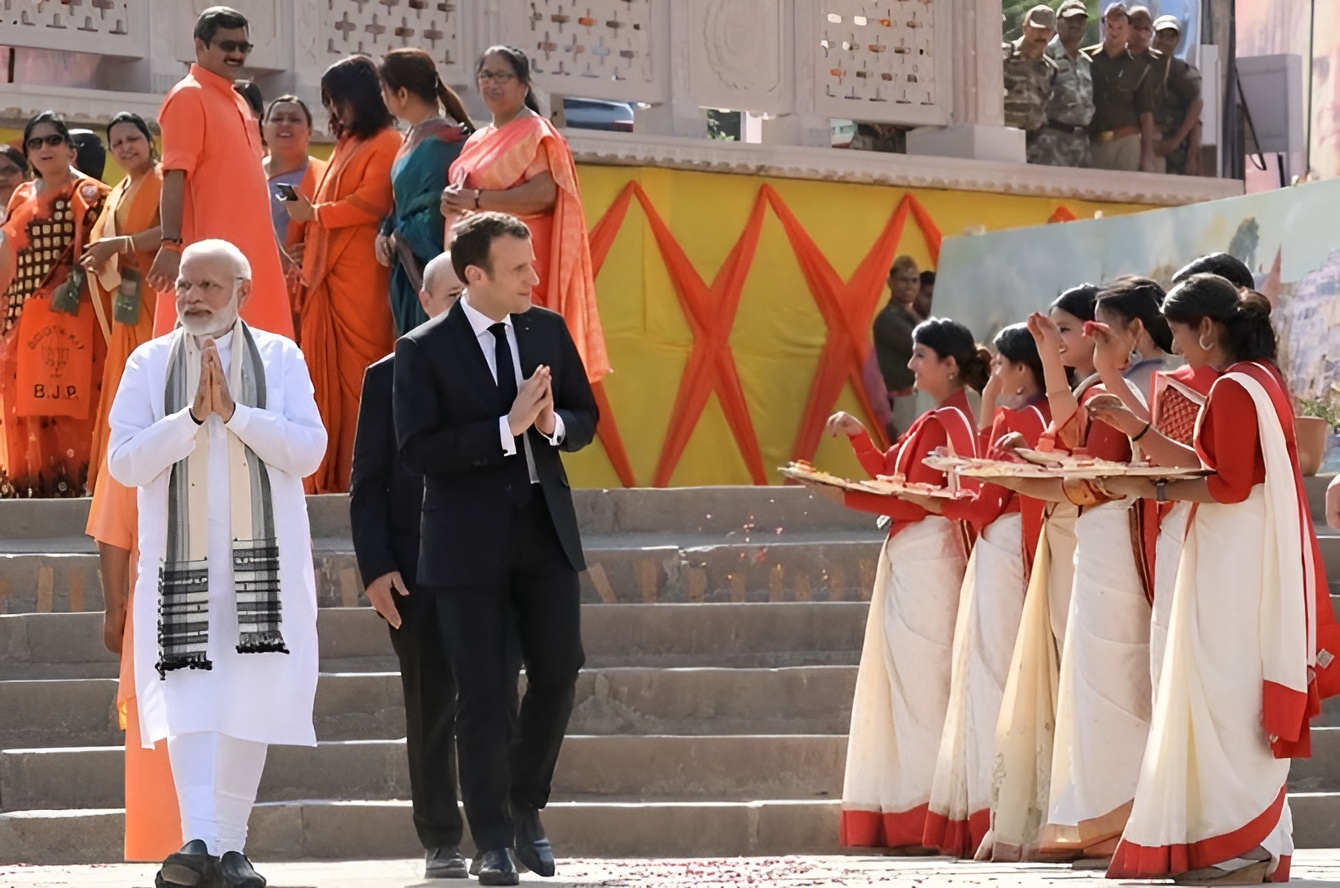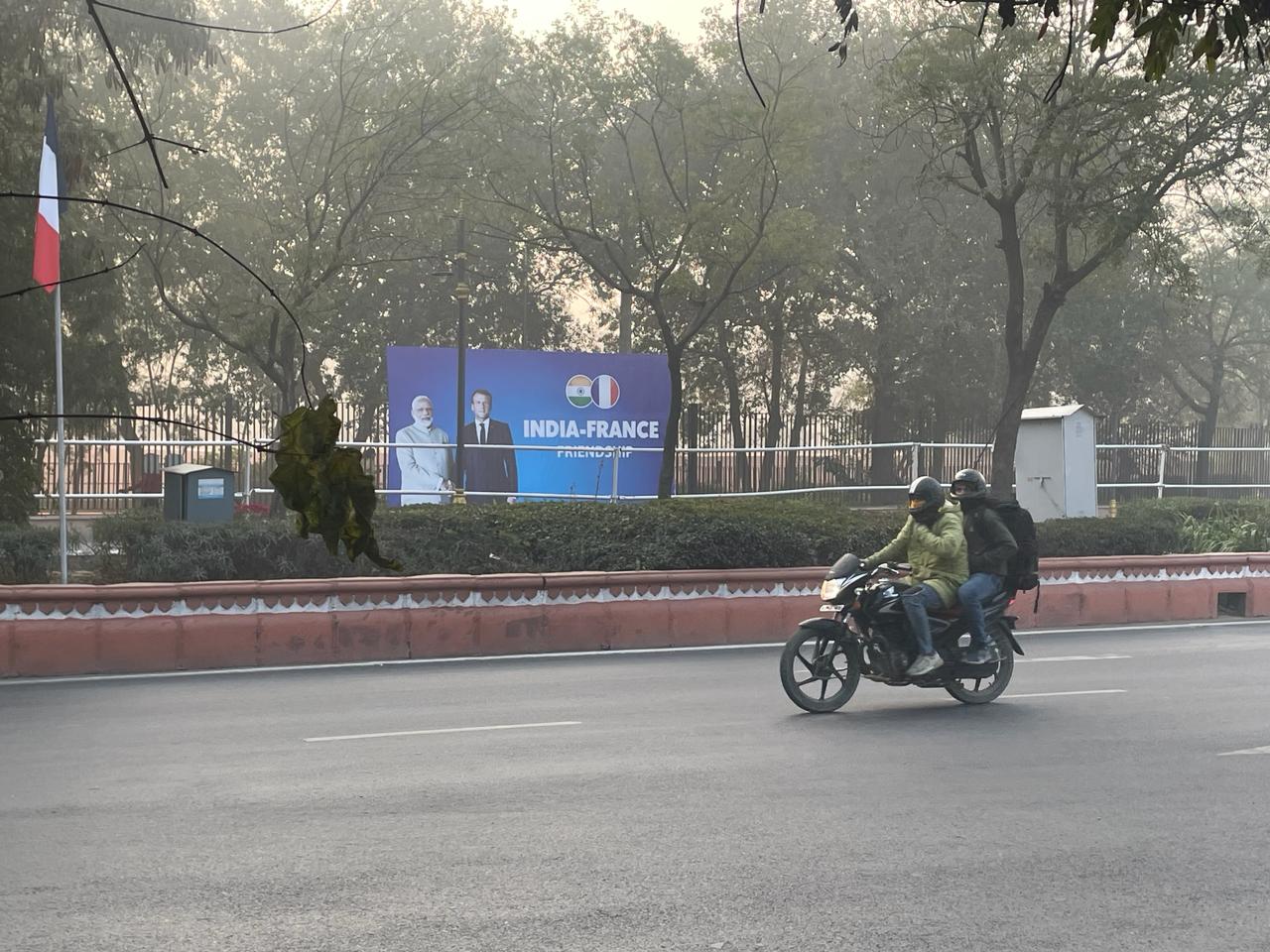Macron in India: Economic ties remain Achilles heel of Indo-French ties
On January 26, when Emmanuel Macron becomes the sixth French President to be the Chief Guest at the Indian Republic Day parade in New Delhi’s Raj Path, it will reinforce the strong and stable relations that India and France have enjoyed for decades.
Indeed, strategically and culturally, there are perhaps hardly any other countries that can claim to enjoy the same special status as a reliable and consistent ally of India as France, which has often stood by India even at the cost of being the sole western nation to do so, most notably in the aftermath of the Indian nuclear tests in 1998 when saw every other western nation or ally of United States crack down on India with economic and technology sanctions.
Right from the period of Jawaharlal Nehru and Indira Gandhi through to Manmohan Singh and Narendra Modi, a number of Indian Prime Ministers have enjoyed extremely close ties with respective French Presidents.
Over the decades and years, India and France have consistently taken their relations to a higher orbit, intensifying and enhancing the relationship, with the result that the two nations have progressively become closer on a wide range of international and regional issues. They have increased their collaborations be it in defence, academic, strategic, cultural or social domains. And this intensification of ties is set to continue for years to come.
Elephant in the room

Hence, it will be no surprise that a flurry of agreements in these areas would come through when Macron meets Modi in New Delhi. Despite these agreements, which would certainly be significant in boosting the bilateral ties in those domains, a very important part of Indo-French ties remains stubbornly weak and underdeveloped – namely economic and trade ties.
Though the French economy is second largest in Europe and is almost comparable to German and British economies in size, the Indo-French bilarteral trade was barely EUR 12 billion in the last financial year, roughly half the volume recorded by Indo-German trade, which was almost EUR 25 billion in the corresponding year.
For the past 17 years, almost every Indian PM and French President has tried to kick-start these ties and set numerous targets, but the bilateral trade has simply crawled ahead, instead of running as has been the case in every other aspect of the relationship.
The low volume of bilateral trade is due to a variety of reasons. First, the bilateral economic ties are dominated by large companies on both sides and the role of the Small and Medium Enterprises remains minuscule, despite the fact that both the economies are dominated by the SMEs.
The second factor is that almost all the significant increases in the bilateral trade over the past two decades have been thanks to large deals, mainly involving India buying French airplanes or other major defence deals.
But one of the biggest reasons lies in the fact that the French market still remains practically closed to a large number of Indian exports. Comparing the global Indian export basket and exports from India to France, it is evident that Indian exports in textiles, pharmaceuticals, and food products, which are amongst the Top 10 exports from India, remain abysmally low in France.

Indian food and spices exporters have long complained of a large number of non-trade barriers and frequently changing rules that have dented their exports to France. The Indian pharma exports also suffer from similar fate, even though France is increasingly turning to generic medicines in order to reduce its social security bill. There have been numerous reports of Indian pharmaceutical products getting blocked at French ports, even when they were headed for third countries in Africa and not at all destined to enter France or other European Union member states.
Certainly, Indian services exports are faring better than most merchandise exports. Yet, the Indian government’s long-cherished dream of making India the global manpower supply source has struggled to reach anywhere in France or other EU members, which continue to balk at allowing Indian technology workers move freely for work between various EU nations, even though it is supposedly a single market area.
These barriers become even more evident when one considers that France and other EU nations have been pummeling Indian government to open up the Indian market and cut import tariffs on French or European agricultural products, automobiles and wines and spirits.
The rapid rise in availability of a whole host of European food products in Indian shopping malls is an indication that the European and especially the French are getting their way. Ensuring that Indo-French bilateral trade grows rapidly and becomes more meaty part of the overall ties ought to be a key agenda item for both the leaders when they meet in New Delhi.
Thus, Modi would do well to insist upon Macron that France removes these barriers and acts as a reliable business partner also, which provides at least as much access to a variety of Indian products as it seeks in India.











